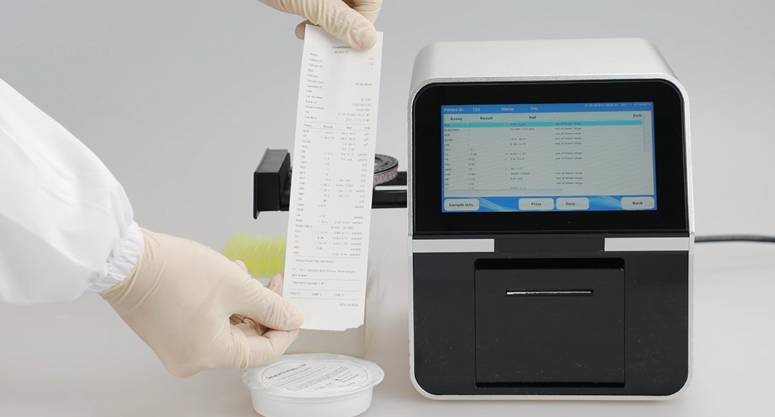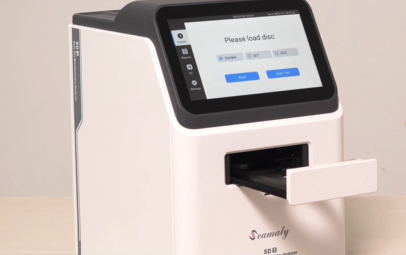In our previous blog, we mentioned 5 reasons why biochemistry test results can be inaccurate. But how to avoid these possible factors?Here are some suggested measures.
Sample Collection
50% of errors in biochemical test results are due to factors such as timing of sample collection, lack of patient preparation, and drug effects. Therefore, appropriate protocols and delivery procedures should be developed for the collection of biochemical samples.
For example, attention should be paid to the time of collection of biochemical samples. Patients should preferably fast for 8 to 12 h. However, it is important to note that prolonged fasting time or patient starvation can cause significant protein breakdown in the body. This can lead to an increase in serum bilirubin levels, which can affect the accuracy of the results.
For patients with acute myocardial infarction, it is best to request blood collection at 4-6h of onset. Some abnormalities in myocardial enzyme profiles are of high clinical significance at this time.
Attention should also be paid to the patient's position when collecting samples. The biochemical sample collection site is mostly in the sitting position. Patients who are seriously ill or who have difficulty sitting can be placed in a lying position.This prevents the infiltration of large amounts of intravascular water into the interstitial spaces of the tissues due to prolonged recumbency or when the seated position becomes established.This prevents the infiltration of large amounts of intravascular water into the interstitial spaces of the tissues due to prolonged recumbency or when the seated position becomes established. This is because it may lead to a sharp increase in serum concentrations due to the inability of large molecules such as triglycerides (TG), total cholesterol (TC), albumin (Alb), and alkaline phosphatase (ALP) to pass through the blood vessels. This can also cause a false increase in the results of biochemical tests.
In addition, sample collection protocols should be strictly regulated. Physicians should avoid irregularities in collection methods that can lead to hemolyzed samples. Biochemical samples are usually collected when the patient is quiet or at rest. The collection of blood immediately after emotional or strenuous exercise should be avoided. In particular, the female physiological period should be avoided as much as possible.
Technical measures
The collection of biochemical samples should be performed by a skilled and responsible physician using standard blood collection tubes and other equipment. It is also important to be aware of the duration of tourniquet application. Generally, it should not exceed 120 seconds.
In the process of testing should ensure that the biochemical instrument is running well.Hospitals should constantly strengthen the training of
biochemical analyzer operators' skills, theoretical knowledge and constantly strengthen the awareness of quality control. This will enable the test physician to ideologically recognize the significance of the accuracy of test results.
At the same time from the detection technology to do a good job of quality control before the analysis, during the analysis, after the analysis of each link. Avoid human factors or technical reasons inadvertently will be some operational errors sample processing, retesting irregular errors, resulting in the impact of the accuracy of biochemical test results.
In addition, in biochemical testing should also pay attention to the inherent errors between different biochemical instruments and reagents, etc.. The awareness of comparative analysis should be improved in the actual test to improve the credibility of the results.



